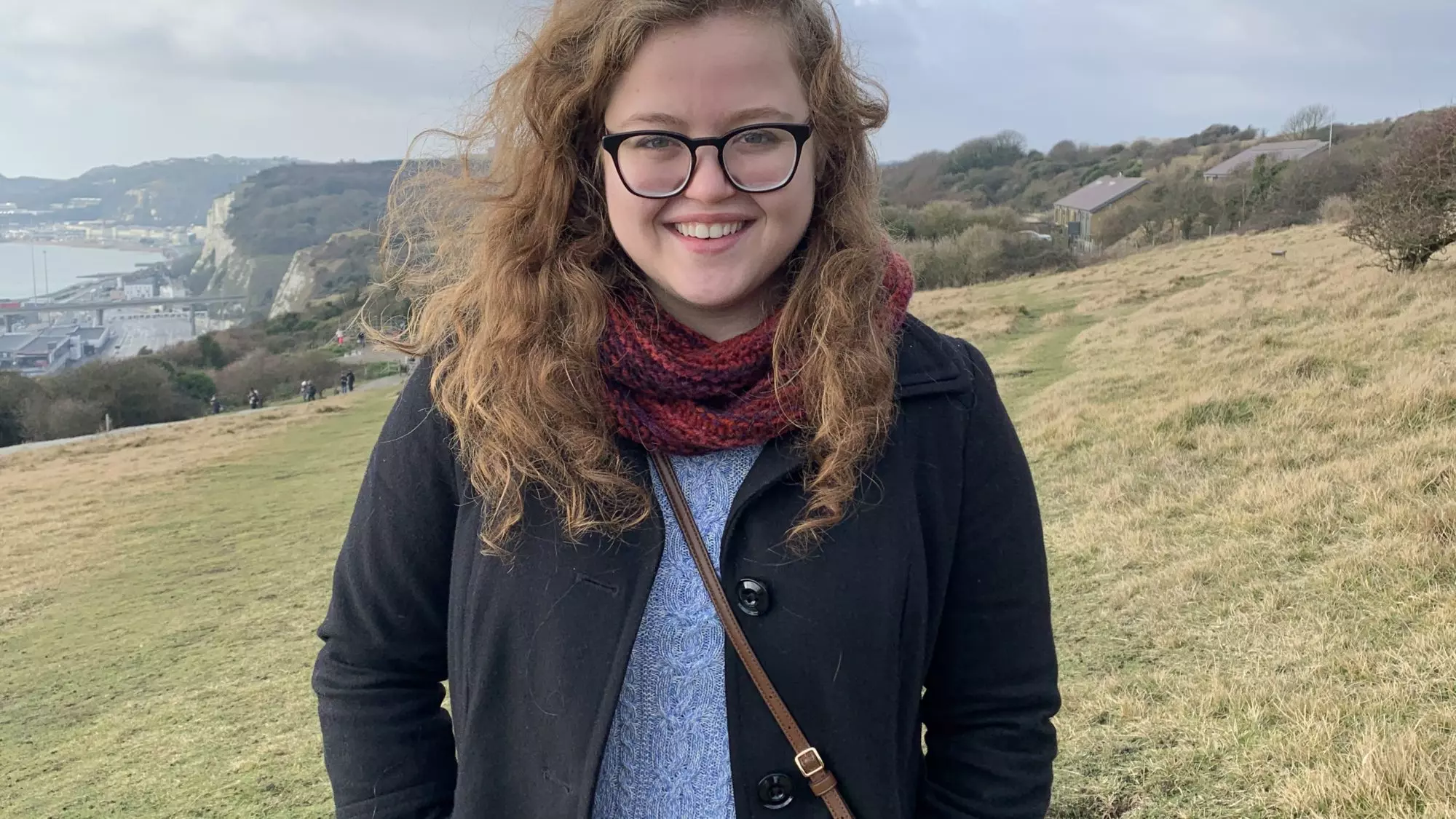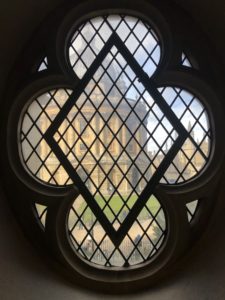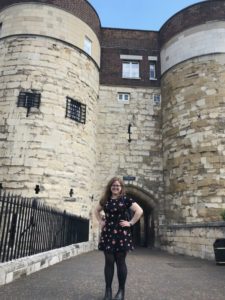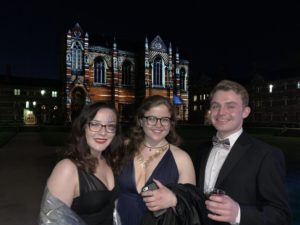Living and Learning History in the UK OR Learning When There is No Right Answer (OR: the true story of an I, the village idiot, survived two terms Oxford)


Studying abroad entails so many things: meeting new people, trying new things, travelling to new places, and, of course, studying! Now I understand what you’re thinking – I‘m flying halfway around the world for the experiences, not to study something that I can learn right here at college. And you’re right! And also, wrong. When you go abroad academics are a huge part of your overall experience, but the learning experience itself is enriching, rewarding, and different in all the best ways.
Academics at Oxford
Google “ best universities in the world”. Do it, I’ll wait. Did you see the University of Oxford on every list? Probably. That is the exact reason that I was terrified when I was accepted to my IFSA program. The academics at Oxford are known primarily for two things: their rigour, and their tutorials. The tutorial system is an individual teaching experience focused on small groups who write essays and meet with their tutors, or professors, weekly. Are you still with me? I know that for most people that sounds intimidating, to say the least. I am most people, and the thought of going into such a system was my greatest fear before I went abroad.
Very quickly, however, the tutorials became one of the absolute highlights of my experience. Even though I had to write between eight and ten pages for each one, I looked forward to my tutorials every week. My tutors didn’t teach me history. They taught me what it means to be a historian; how to ask questions and how to structure arguments, how to consider history and the many ways in which we can understand it. The independent nature of the tutorial system meant that I was able to interpret the evidence on my own, but my tutors were always there to talk through any issues I faced or challenge and commend me in equal measure.
Inside and Outside Learning

Picture this: you’re reading about the English Civil War and you read that the king fled to Oxford. Then you go outside, and you walk around the very streets walked by that king, and you see remnants of the actual wall that was destroyed during that war. That’s an immersive learning experience that cannot be replicated anywhere else. No matter where you are or what you’re studying, there are certain insights that you’ll be able to gain by virtue of where you are. Whether you’re studying economics in Italy or biology in New Zealand, there will be points of connection between what you’re doing in your curriculum and where you’re living.
Encouraging Exploration

Outside learning is only one way that your studies can encourage you to explore the space around you. On my mission to be productive I found myself working in parks, cafes, churches, and as many of Oxford’s libraries as I possibly could! I became friends with the guards at Duke Humfrey’s Library, saw treasures of the Bodleian collection at the Weston Library, and became a reader at All Souls’ College’s Codrington Library. You’d be amazed how much more productive you are in a fifteenth century library, or when the person who wrote the book you’re reading is sitting next to you! I was able to take full advantage of the gorgeous architecture and the knowledgeable librarians, as well as the unbelievable collection held by the university’s Bodleian libraries.
Confidence is Key (Or: How I found confidence in myself and my academic abilities)
In my fourth-ever Oxford tutorial, I received the best piece of academic advice I’ve ever heard: you don’t have to always ‘get it right.’ There are few ‘right’ answers in history, and she made it clear that I wasn’t expected to know them. I was encouraged me not to write about the ‘best,’ traditional explanations, but to consider every possibility and decide for myself which one I thought was best. Without the pressure of finding ‘the one true answer’ I was able to experiment with different interpretations of evidence and types of arguments. My only job was to successfully argue one single explanation out of many, which gave me the freedom to make new arguments and the opportunity to think about history in new ways. After hundreds of pages written and hours spent in tutorials, I became so much more confident in myself and my abilities to think critically and write well-structured, well-reasoned papers.
Falling (Back) in Love with my Academic Fields
I love the past. It’s a place full of stories – stories of people, places, and objects. I study history and the history of art so that I can learn to read and understand these stories. Yet somewhere along the way I feel like I forgot how to read. It felt like I was being told the same small group of ‘classic’ stories. If we’re going to finish out this contrived metaphor, then my tutors taught me to read between the lines and take my own themes and lessons from the stories. My time at Oxford helped me fall back in love with academics, so much so that I applied to graduate school!
A Life Outside the Library

As important as academics are, it is equally important to interact with your university and your city in other ways. Every experience you have can be a learning experience! I joined societies (the UK version of a club), attended talks, and spent loads of time with friends. I also set goals for myself: visit every college (I did), try new foods (welsh cakes are delicious), and try at least one new activity (quizbowl is very competitive). Setting silly goals like that really helped me step back from school and remember to make the most of my experience.
Elyse H. | History and History of Art major | Franklin & Marshall College | IFSA University of Oxford, St. Anne’s College Partnership | Spring 2019